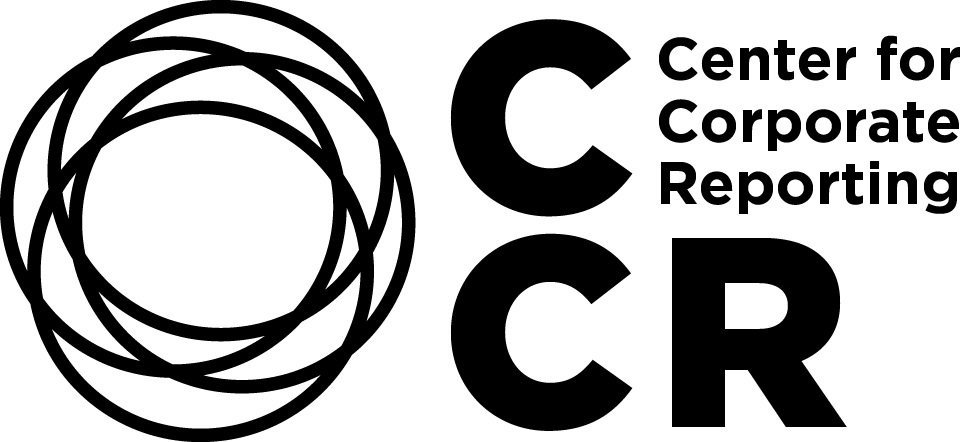Sustainability reporting marks a window of opportunity that will close soon
Environmental claims in marketing and product communication are under increasing regulatory and consumer scrutiny in both the EU and Switzerland. The EU Consumer Empowering Directive and the Green Claims Directive introduce stringent requirements for companies making environmental claims, ensuring transparency and preventing greenwashing. In Switzerland, the new Article 3 lit. x of the Unfair Competition Act (UCA) explicitly prohibits unsubstantiated climate-related statements.
By Adrian Peyer
This article provides an overview of these regulations and offers key recommendations for businesses to remain compliant and competitive.
The Growing Importance of Green Claims
With the increasing focus on sustainability, businesses are eager to communicate their environmental efforts. However, misleading claims - often called greenwashing - have led to stricter regulations aimed at protecting consumers and ensuring fair competition. The latest EU and Swiss regulations provide clear guidance on how companies can substantiate their green claims and avoid penalties.
EU Consumer Empowering Directive: Transparency for Green Transition
The EU Consumer Empowering Directive (ECGT Directive 2024/825) is designed to protect consumers from misleading environmental claims and encourage informed purchasing decisions.
Key elements include:
Strengthening consumer rights by ensuring access to reliable environmental information.
Prohibiting vague or unverified green claims.
Introducing a harmonized label displaying a product’s commercial durability guarantee.
Banning misleading sustainability labels unless based on certification schemes or public authority approvals.
Preventing companies from advertising legally required environmental benefits as unique selling points.
This directive amends the Unfair Commercial Practices Directive (UCPD) to expand the list of misleading business practices, focusing on environmental and durability claims.
EU Green Claims Directive: Setting the Standard for Environmental Communication
The Green Claims Directive builds upon the Consumer Empowering Directive by providing more specific rules for making environmental claims. The directive ensures that consumers receive verifiable, comparable, and reliable environmental information on products.
Key requirements include:
Scientific Proof: Companies must back up claims with scientific evidence, including lifecycle assessments and adherence to recognized environmental standards.
Transparency: Green claims must be clear, detailed, and accessible, with supporting evidence provided via QR codes, labels, or product descriptions.
Regulated Environmental Labels: Labels must comply with an approved EU list to avoid misleading consumers.
Third-Party Verification: All claims and labels must be reviewed by independent, accredited verifiers.
The directive also prohibits claims based solely on carbon offsetting, ensuring that companies cannot market carbon neutrality unless it is achieved within their own operations and supply chains.
Switzerland: New Provisions Against Greenwashing
Switzerland has aligned itself with the EU’s stricter stance against greenwashing through Article 3 lit. x of the Unfair Competition Act (UCA). This provision explicitly prohibits misleading climate-related claims that cannot be backed by objective and verifiable information.
Key aspects:
Applies to qualitative statements (e.g., “sustainable,” “carbon neutral”), quantitative claims (e.g., CO2 emissions data), and procedural claims (e.g., sustainability measures taken).
Requires corporate sustainability reports and marketing materials to provide credible substantiation.
Extends to financial products, service descriptions, and corporate communications.
These stricter guidelines aim to ensure that sustainability claims made in Switzerland are just as robust as those in the EU.
Key Recommendations for Businesses
To remain compliant and competitive, businesses should adopt a strategic approach to green claims by following these best practices:
Enhance existing Governance
Include the Greenwashing Risk in existing policies and processes
Define Roles and Responsibilities around Greenwashing Risks
Strengthen Scientific Substantiation
Use lifecycle assessments (LCA) or third-party certifications to validate environmental claims.
Keep detailed documentation to support every claim made.
Enhance Training
Educate marketing, legal, and product teams on the new regulatory requirements.
Establish internal guidelines for green marketing.
Prepare for Third-Party Verification
Partner with accredited certifiers to ensure compliance.
Implement a system for periodic reviews and updates of environmental claims.
Conduct risk-based internal review
Identify high-risk areas and review related marketing materials, product descriptions, and corporate sustainability reports for potentially misleading claims.
Remove or revise unsupported green claims.
Monitor Regulatory Developments
Stay updated on EU and Swiss regulatory changes.
Identify diverging requirements (e.g. EU and US) and align green claims accordingly.
Conclusion
Green claims are a valuable marketing tool, but companies must ensure they meet the strict new regulatory standards in the EU and Switzerland.
By prioritizing transparency, scientific backing, and compliance with third-party verification, businesses can not only avoid penalties but also build trust with consumers.
As sustainability continues to shape consumer choices, companies that align with these evolving regulations will gain a competitive advantage in the market.
Further Information
Adrian Peyer
is an experienced lawyer in the areas of legal, compliance, ethics, environmental, socials, governance (ESG), and risk management. With his unique background as long-standing general counsel, board secretary and start-up entrepreneur, he advises companies of all sizes on their ESG journey.



